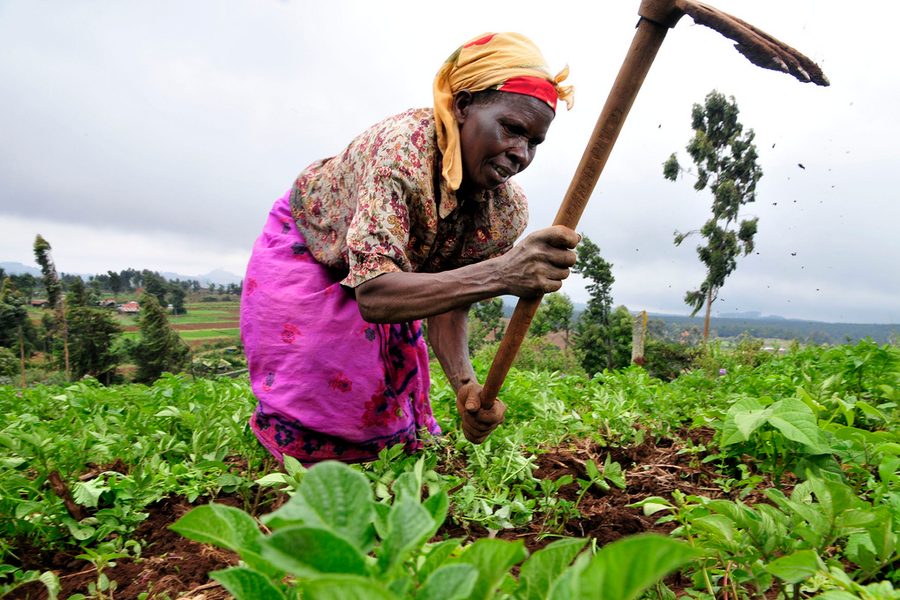The recent green light given to genetically modified organisms (GMOs) in Ghana has sparked worries among small-scale farmers, who fear potential harm to the nation’s agricultural sector. They express concerns that relying on GMO seeds from multinational corporations may undermine their independence and jeopardize their livelihoods. Moreover, they caution against the risk of losing vital foreign revenue due to global restrictions on GMO food imports.
The decision to embrace GMOs arises amidst pressures to boost agricultural output and address food security challenges. Proponents argue that GMOs offer solutions to issues like pest resilience, drought tolerance, and increased crop yields. However, many local farmers remain wary, seeing GMOs as a threat to their traditional farming methods and autonomy.
In particular, smallholder farmers are anxious about perpetually depending on seeds from GMO developers, exacerbating their economic struggles. Wepia Addo Awal Adugwala, the National President of the Peasant Farmers Association of Ghana, warns that approving GMOs could signal the loss of Ghana’s control over its indigenous agricultural system, placing it under the influence of powerful multinational entities.
He points out that recent global events, such as the COVID-19 pandemic and geopolitical tensions, underscore the importance of retaining control over food production systems. Adugwala emphasizes the potential loss of indigenous foods and seed varieties, raising concerns about public health risks associated with consuming these “deadly” foods.
Furthermore, peasant farmers express worries about the long-term environmental and health consequences of GMOs, fearing impacts like biodiversity loss, soil degradation, and unforeseen health risks.
The approval granted for the commercialization of 14 novel genetically modified products, including maize and soybean, through the National Biosafety Authority, has drawn criticism. Adugwala accuses the government of favoring multinational seed companies at the expense of local farmers, despite previous assurances from government officials regarding alternative methods for improving crop yields.
In response, Adugwala dismisses GMOs as a viable solution to Ghana’s food insecurity challenges, citing the success of local farmers in producing substantial food yields using traditional seeds and locally developed varieties. He questions the preference for laboratory-engineered seeds, urging policymakers and scientists to prioritize the welfare of Ghanaians over personal interests.


